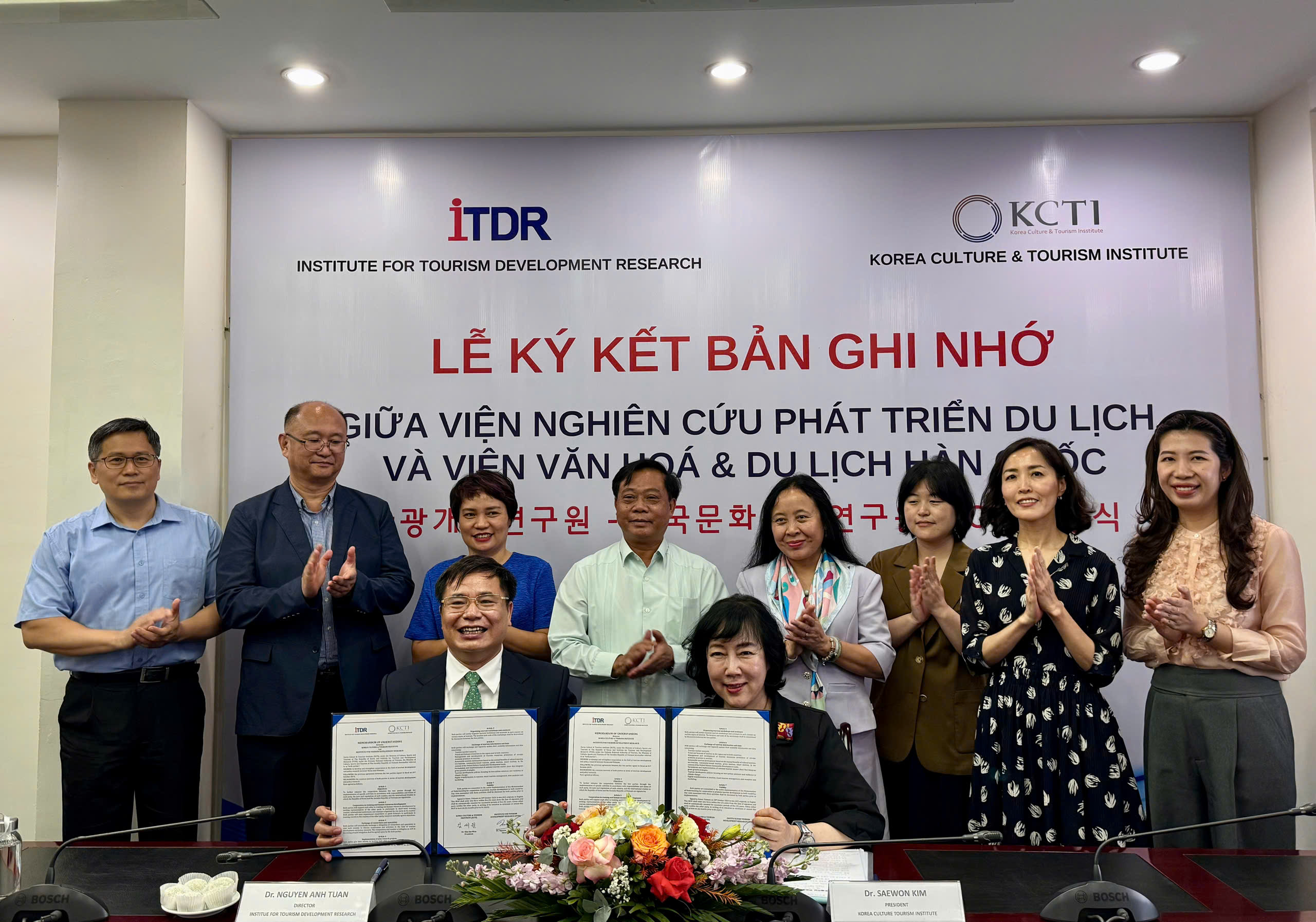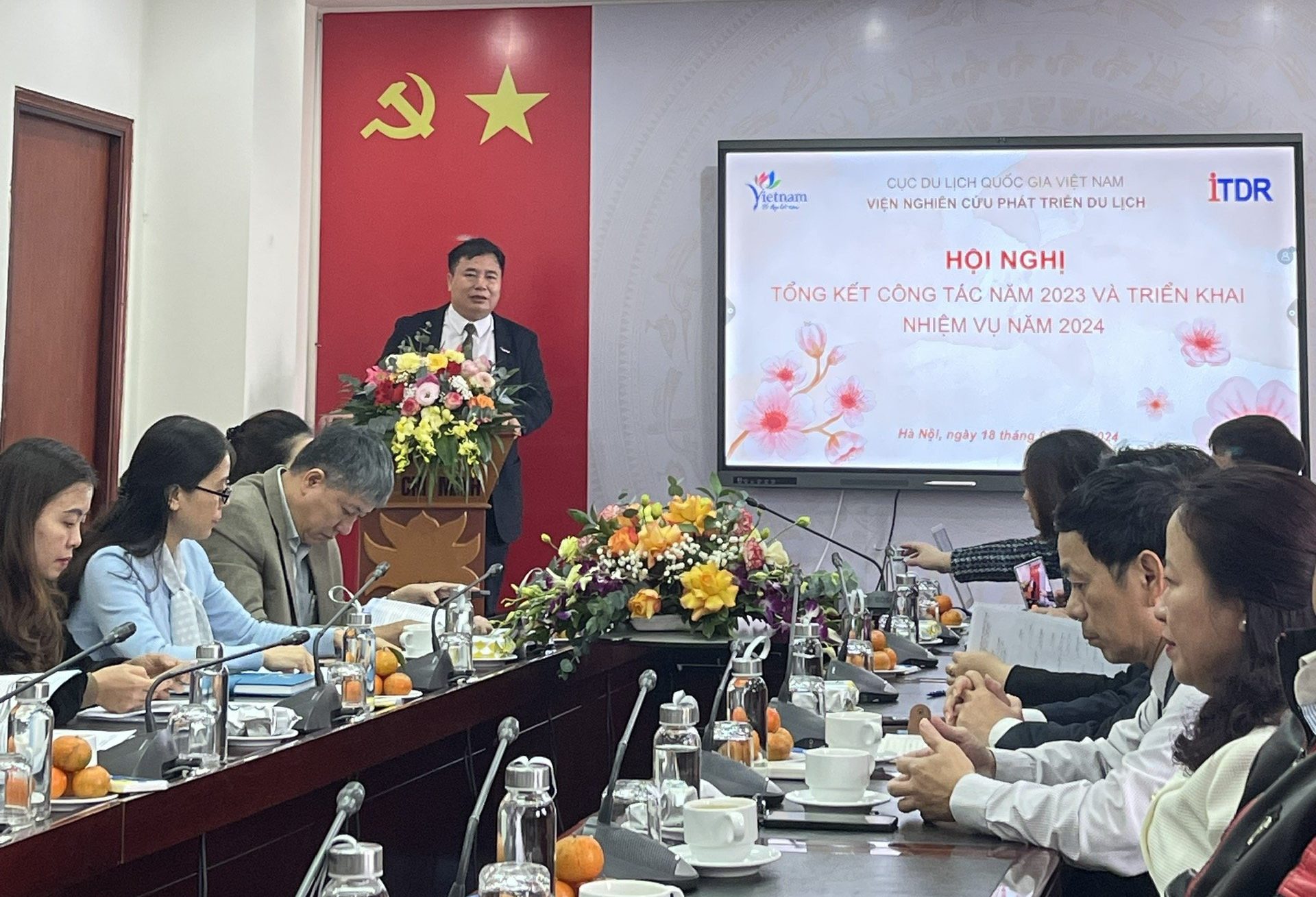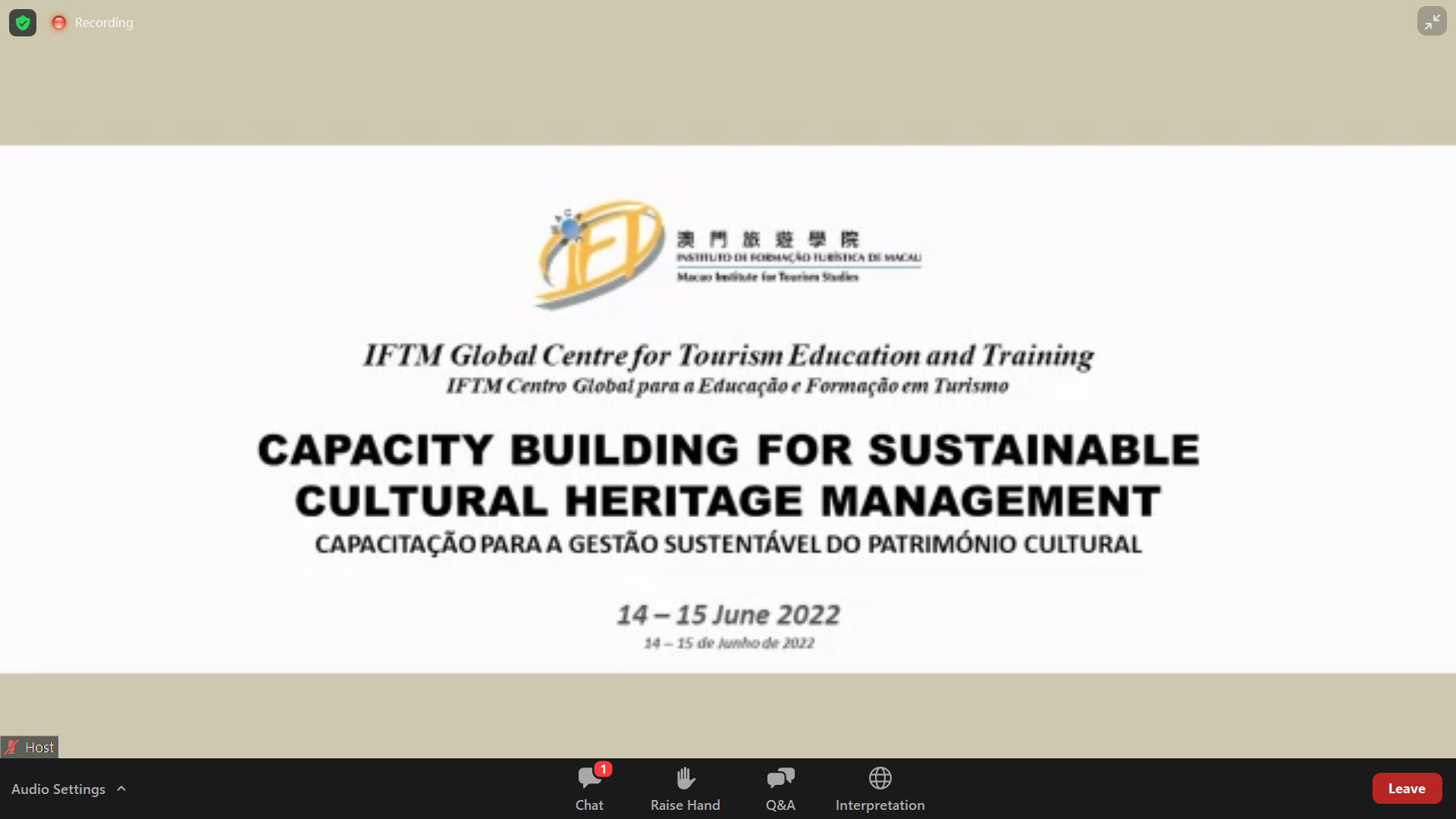Smart tourism – Opportunities and challenges for Vietnam tourism
On October 6th 2017, at the Hoa Lac Hi-Tech Park (Hanoi), Vietnam National Administration of Tourism (VNAT) and Management Board of Hoa Lac Hi-tech Park co-chaired the workshop “Smart Tourism – Opportunities and challenges for Vietnam tourism”, in collaboration with Vietnam E-commerce Association (VECOM) and DTT Technology Joint Stock Company, under the main sponsor of the Australian Embassy.
 The Industrial Revolution 4.0 is strongly influencing all aspects of social and economic life, changing the way companies operate in most areas. The global tourism market is also witnessing a change with the rise of online travel business. In Vietnam, the Industrial Revolution 4.0 poses both opportunities and challenges for the tourism sector, which is being paid special attention by the Party and the Government. Vietnam’s tourism market is also changing due to the development of technology and the rapid growth of online travel. This in turn forces all sectors of the tourism industry, from state authorities to tourism companies to create an integrated system of tourism data.
The Industrial Revolution 4.0 is strongly influencing all aspects of social and economic life, changing the way companies operate in most areas. The global tourism market is also witnessing a change with the rise of online travel business. In Vietnam, the Industrial Revolution 4.0 poses both opportunities and challenges for the tourism sector, which is being paid special attention by the Party and the Government. Vietnam’s tourism market is also changing due to the development of technology and the rapid growth of online travel. This in turn forces all sectors of the tourism industry, from state authorities to tourism companies to create an integrated system of tourism data.
The Prime Minister issued Directive No. 16 / CT-TTg dated 4/5/2017 on strengthening the capacity and minimize the negative impacts to approach the Industrial Revolution 4.0. The Directive clearly indicates that tourism is one of the economic sectors to prioritize the development of digital conversion strategy, application of information technology to promote smart tourism in Vietnam. This is an important policy direction for the tourism industry towards the objectives set by Resolution No. 08-NQ/TW of the Politburo on tourism becoming the spearhead economy.
The workshop “Smart Tourism – Opportunities and Challenges for Vietnam Tourism” was organized to implement Resolution No.08-NQ/TW of the Politburo and Directive No.16/CT-TTg of the Prime Minister. The main objective of the event was to establish and maintain thematic activity groups, thereby continuing to exchange and share experiences and successful transition solutions to smart travel in the future.
At the plenary session of the workshop, leaders from VNAT, Ministry of Science and Technology, Tourism Association, Australian Embassy, etc. addressed issues such as policy and mechanism support, promoting smart tourism as well as current status of information technology application in tourism in Vietnam, experiences in applying IT in tourism of Australia. Some companies have been actively implementing smart tourism such as Thien Minh Group shared practical experience in applying IT in business. DTT Technology Corporation also announced the method of assessing the readiness of enterprises with smart tourism.
At the second session of the workshop, two main themes revolving around the pillars of the tourism industry were presented and discussed. The first theme was “Applying ICT towards Smart Tourism – Solutions for Business”, including smart tourism solutions for hotel and travel business. The second theme was “Applying ICT towards Smart Tourism – Solutions for Travel Agencies and Destinations”.
A number of technology companies, smart tourism solution providers joined the discussion, such as Vinaphone, DTT, Tripi.vn, AirBnb, AntBuddy, Moca, Vinalink, Bizweb, TAB, Verisign, etc. Representatives of management agencies such as Hanoi Tourism Department and Tourism Information Center, VNAT also presented the practical insights based on specific models to give enterprises awareness of the opportunities and the digital transformation process, meeting the current development trend.
The workshop ended with positive results: the dissemination of new and useful information on smart tourism, as well as issues that need to be addressed at both the micro level of the business and macro level of state management agencies to apply smart technology to tourism development. Participants also had their own ideas for contributing to the development of smart tourism in Vietnam
Hong Nhung





 Address: 58 Kim Mã, Ba Ðình, Hà Nội
Address: 58 Kim Mã, Ba Ðình, Hà Nội Phone: (84-24) 37 34 31 31
Phone: (84-24) 37 34 31 31 Fax: (84-24) 38 48 93 77
Fax: (84-24) 38 48 93 77 Email: info@itdr.org.vn
Email: info@itdr.org.vn Website: https://itdr.org.vn
Website: https://itdr.org.vn




